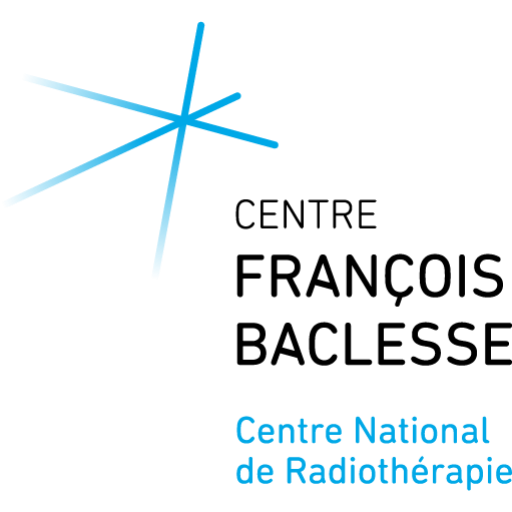Partner patient

Nadia MARTIN
"As patient partners, we have the ability to offer a different perspective, to stimulate reflection, and sometimes even to question certain practices. We are not here to criticize the healthcare system, but to contribute to its improvement through a collaborative approach. From a more personal perspective, this role allows me to get involved in an area that resonates with my own history. It is a way for me to continue on my path of resilience, to feel useful, and it is deeply healing. It is about transforming an ordeal into a commitment."
WHAT IS A PARTNER PATIENT?
The concept of "patient partner" shifts the focus from "collaboration" to "cooperation" between patients and healthcare professionals: patient partners are patients who learn about their disease over time and how to live with it. They share their experiences of living with the disease, their aspirations, and their priorities with healthcare professionals in order to tailor treatment to their life plans.
WHY INVOLVE PATIENTS IN THE CFB?
This will enable our teams to better understand what they are going through during their treatment and to develop care pathways that are tailored to their real needs. In this sense, we aspire to make patients full members and partners of our care teams.
HOW CAN YOU BECOME A PATIENT PARTNER AT THE CFB?
You may want to express your ideas and thoughts and share your experience to help improve the quality of care.
Living with the disease on a daily basis has given you knowledge gained from your experience. This "experiential knowledge" concerns the disease itself, which you know well, and you understand your care pathway and treatment. You have found a way to organize your daily life with the disease.
You feel able to provide information and communicate about the disease, its treatment, and the constraints it can impose.
You are interested in sharing your experience, training others, and participating in the life of a healthcare facility and the development of its care pathways ?
You are willing to volunteer ? Then please contact our Case Manager by email:

